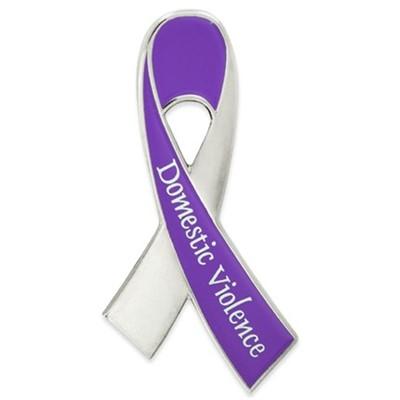Domestic Violence
Family violence is a problem that is growing in the United States. It has become the largest cause of injury to women in the United States. This staggering statistic doesn’t even touch the cases where children and men are the victims.
There are ways to protect yourself from domestic violence. Many refer to this as a Personal Safety Plan. This is a way to stay safe until you can leave, and a way to get yourself and your children out of the house.
First, there has to be a way to stay safe during an explosive incident. If there is an argument, try to be in a place where there is an exit. Stay away from kitchens, bathrooms, or a room that may contain weapons. Look around your home and make a mental note of where the exits are, as though you were making a fire escape plan. Store extra clothes and toiletries at a friend’s house. Find a neighbor (two if possible) to tell about the situation and ask them to call the police if they hear a disturbance. Devise a code word with children, family, neighbors, and friends to use if you need the police. Decide ahead of time where you will go if you ever have to leave your home. Use your instincts and judgment. If you can appease the abuser, then do so to keep him/her calm. If you are a victim of violence, prosecute your abuser! Dropping charges only leads to more abuse.
When preparing to leave, remember: Leaving your batterer is the most dangerous time.
- open a checking or savings account in your name
- leave money, an extra set of keys, copies of important documents, extra clothes, and medicines in a safe place or with someone you trust
- get your own post office box
- keep a shelter phone number, a calling card, or change with you in case of emergencies
- find a safe place to go for you and your children
- if you have pets, make arrangements for them to be cared for in a safe place
If you or your children have been assaulted, you can get a Protective Order. Contact the County Attorney's office at 865-8261 to get a Protective Order.
- always keep your Protective Order with you
- call the police if your partner violates the Protective Order
- inform family members and friends that you have a Protective Order in place
- think of an alternative way to keep safe if police cannot respond quickly
If you are at home:
- change the locks and keep the doors and windows locked
- create a safety plan
- update pick up lists at your children‘s school
- inform neighbors and friends that they should call the police if they see your partner around your house
- never call the abuser from your home... they may get your phone number from a caller I.D. box
- request an unlisted number from the phone company
If you are in public:
- inform someone at work (perhaps office security) of the situation
- if possible, have someone screen your telephone calls
- have an escort to and from your car
- use a variety of routes to and from home. Be unpredictable with your driving habits
Remember to call 9-1-1 if necessary. There IS help available but you must want to help yourself. You are not alone.

